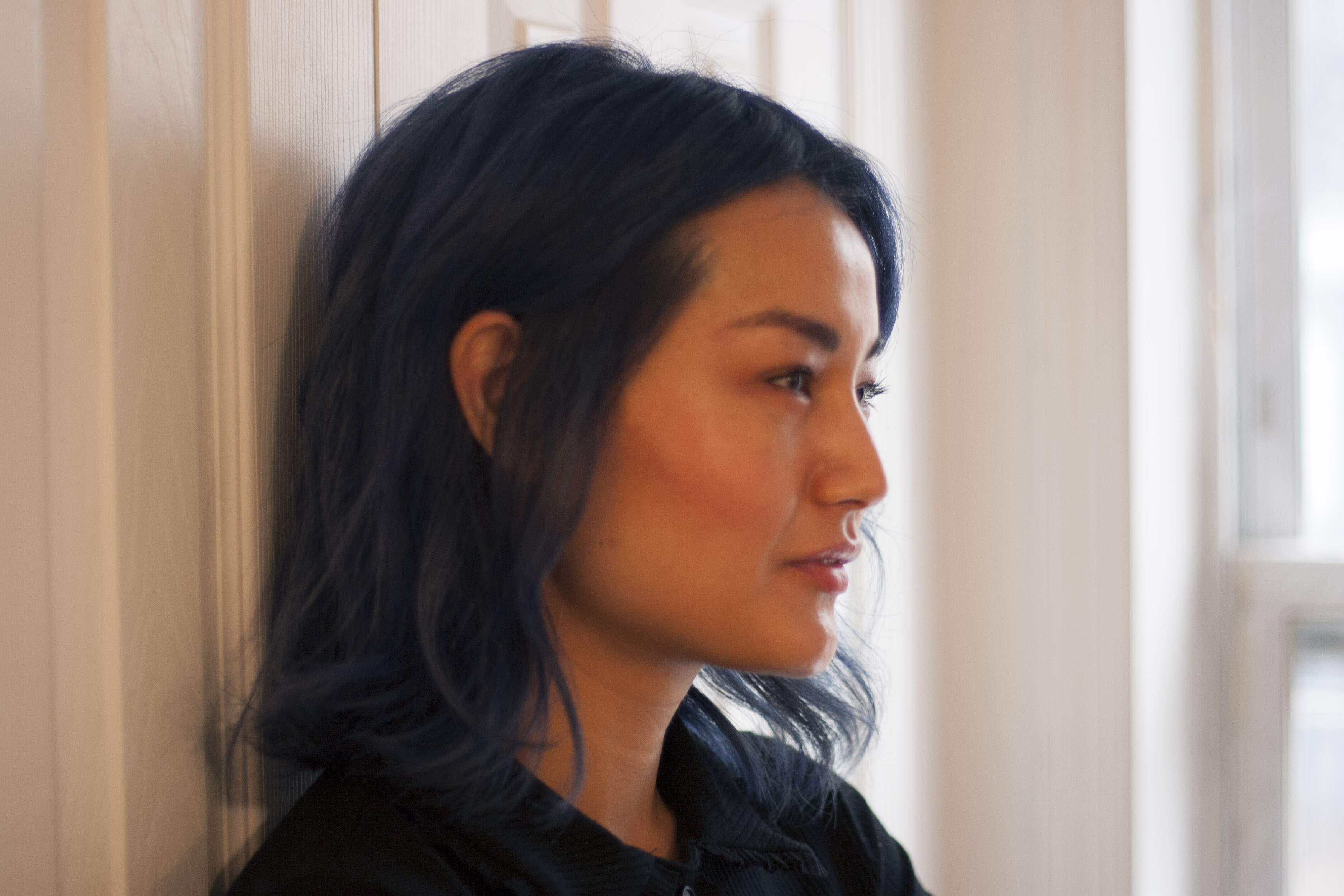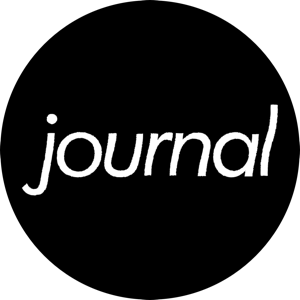
Sable Yong on confronting your fears and the democratization of beauty
Sable Yong is redefining the standard narrative of beauty. Having written extensively on the subject of beauty for publications such as Teen Vogue, New York Magazine and Nylon, Sable currently works as the Digital Beauty Editor at Allure. Her explorations have ranged from demystifying racial stereotypes and tackling the issue of anti-aging, to her experiences floating in a sensory deprivation tank, but most importantly, her writing is the essence of her persona: wonderfully humorous, witty and refreshingly sincere.
Sable, tell us a bit about yourself.
Hello! I’m a 31-year-old woman person living in Brooklyn. I grew up in Long Island, New York. It was pretty whatever. I read a lot of Goosebumps and Animorphs books in my childhood and had a new ‘best friend’ like once a year, so it seemed. I went to college for theater, focusing on playwriting and acting, which is a silly thing to have a degree in, as I have literally never used it. But it was a lot of fun. I’m still a writer and now an editor, but in digital media.
You’ve written prolifically for publications like Teen Vogue, Racked, Nylon, XOVain, as well as Allure. What motivated you to pursue a career in writing in the beauty industry?
I feel like I should be honest and say that it was completely a circumstantial accident that I got into beauty writing. About 5 years ago, I wrote a rather frazzled Craigslist ad looking for a roommate in two weeks’ time, and shared it on some Facebook apartment listing group. I guess it was entertaining because lots of people shared it around, and one of the founding editors of XoVain got in touch with me, not to be my roommate, but to ask if I was a writer and if I’d be interested in writing for the new-ish (at the time) beauty site xoVain. And I just kept doing that, writing beauty on a freelance basis for a handful of publications — pretty much anywhere that would accept my pitches, which at the time were probably a bit bonkers, I now realize. And I just kept that up until now!
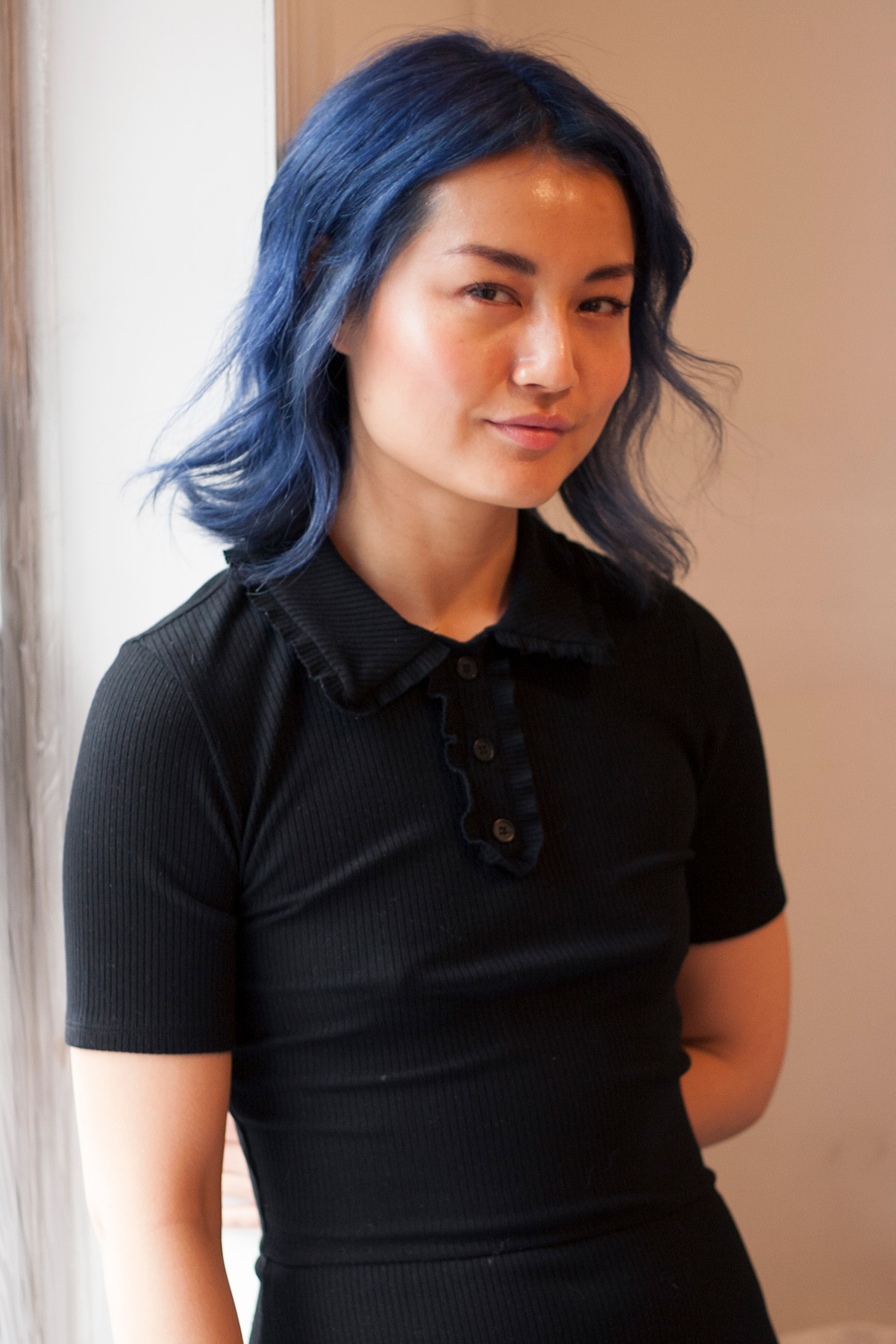
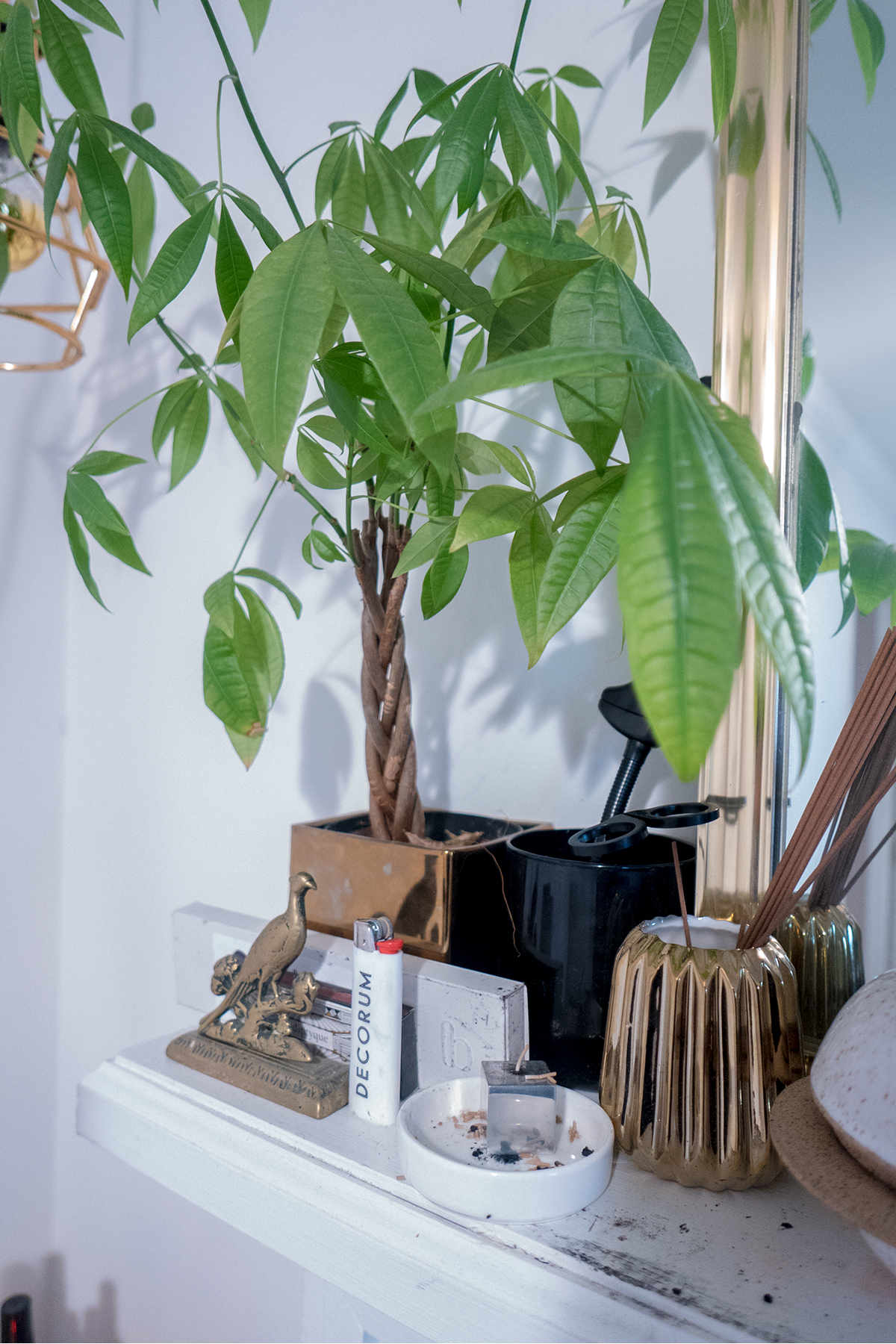
You’re also a bassist and songwriter, and have performed at live shows and toured with your band. What led you to pursue music?
I’ve always been an avid music listener my whole life, but never felt a real ownership because I wasn’t creating it. For some reason I felt compelled to try because it was something that scared me and something still I don’t think I’m “good” at necessarily, but instead of that being discouraging I find the challenge incredibly rewarding whenever I’m able to write or play anything. It’s kind of a project in ongoing ego-fuckery honestly, but it makes me happy, so I guess the short answer is: masochism.
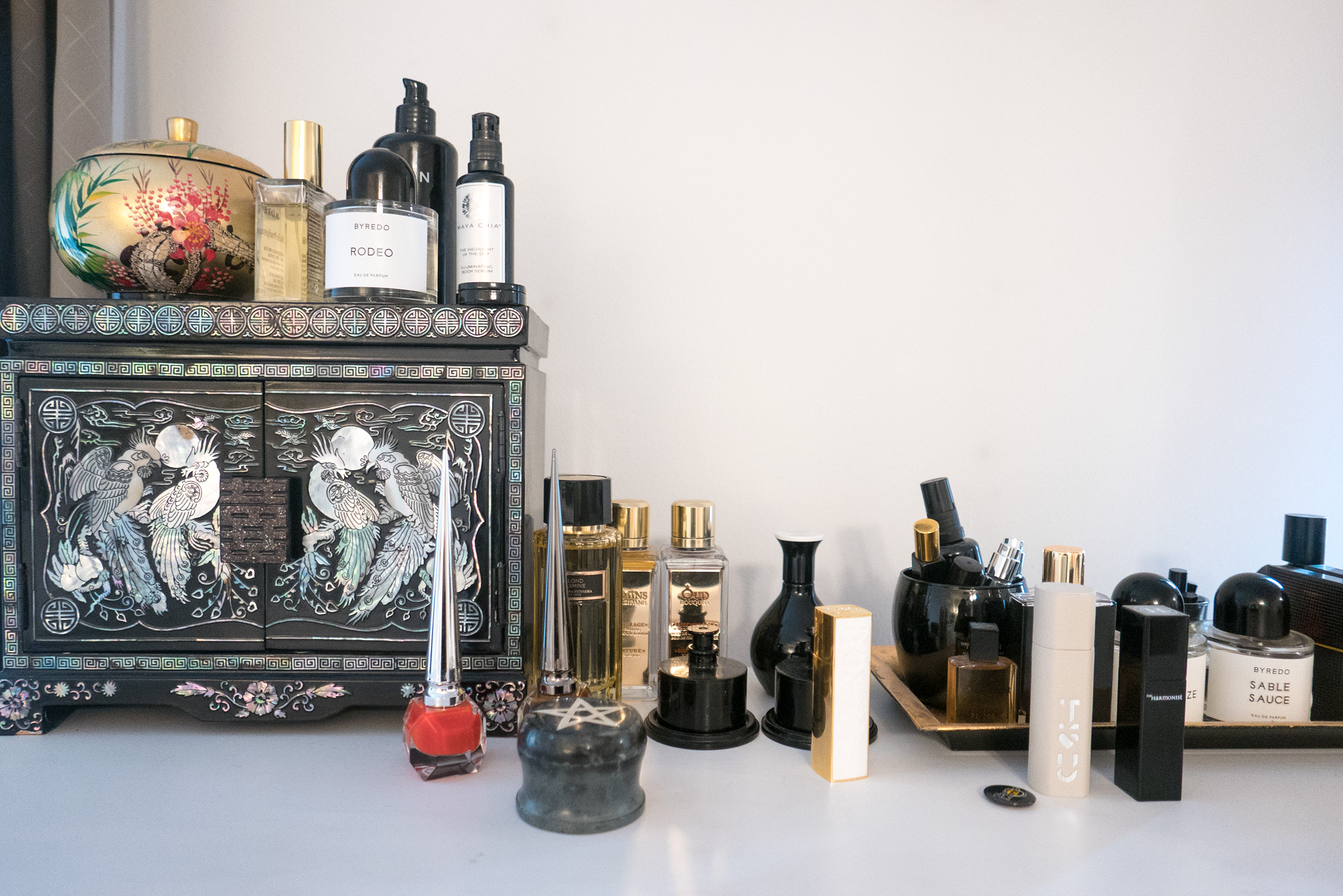
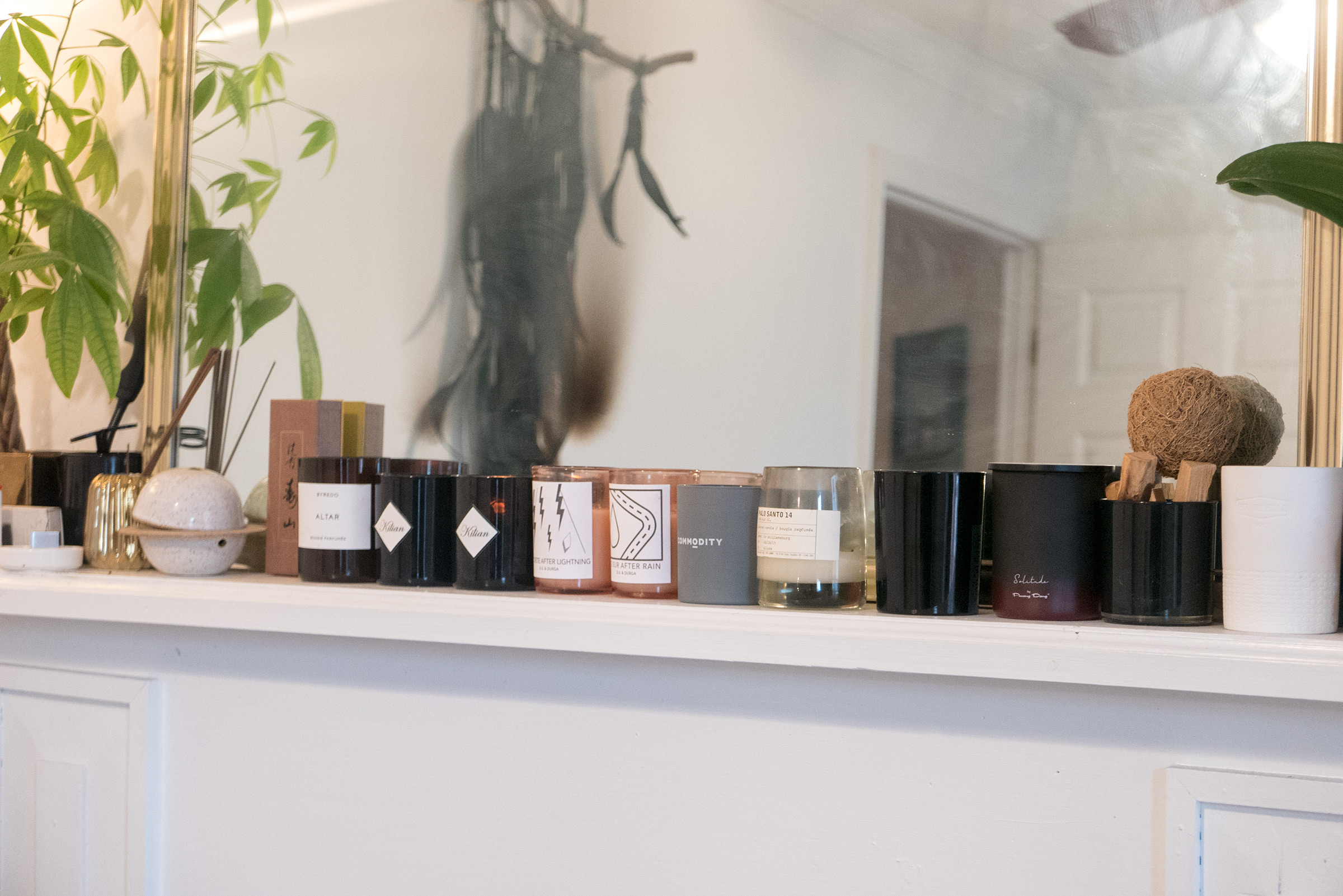
Western beauty standards are often perceived by proximity to whiteness, and has long been the dominant narrative of beauty, structured by predominantly white institutions. You recently produced an article for Allure on makeup looks for eyelid shapes that appears to lack a crease with an entire team comprised of people of East Asian descent. How did this story develop, and what has the process and outcome meant to you?
That story was an idea I’d had for a long time, but didn’t have the resources to flesh out until now, really. Luckily, Allure is very open to exploring beauty through cultural lenses and taking unconventional approaches to how beauty is disseminated in the industry. I’m of East Asian descent, but I don’t actually have monolids, so it obviously wouldn’t have made sense for me to produce that story myself. I wanted the team to be Asian because it was so important that we got it right in terms of how we’re showcasing this specific physical feature predominantly tied to race. My greatest apprehension was that it would come off tokenizing or fetishizing and I absolutely didn’t want that to be questionable at all, so the only way to get there would be if the people who the story represented were the people creating it. It was meant to be a digital story, but since the timing was right to work for the January “Eyes” issue, we were able to do a joint digital/print shoot, and create a bigger story around it, which was really rad to pair a narrative with it as well.
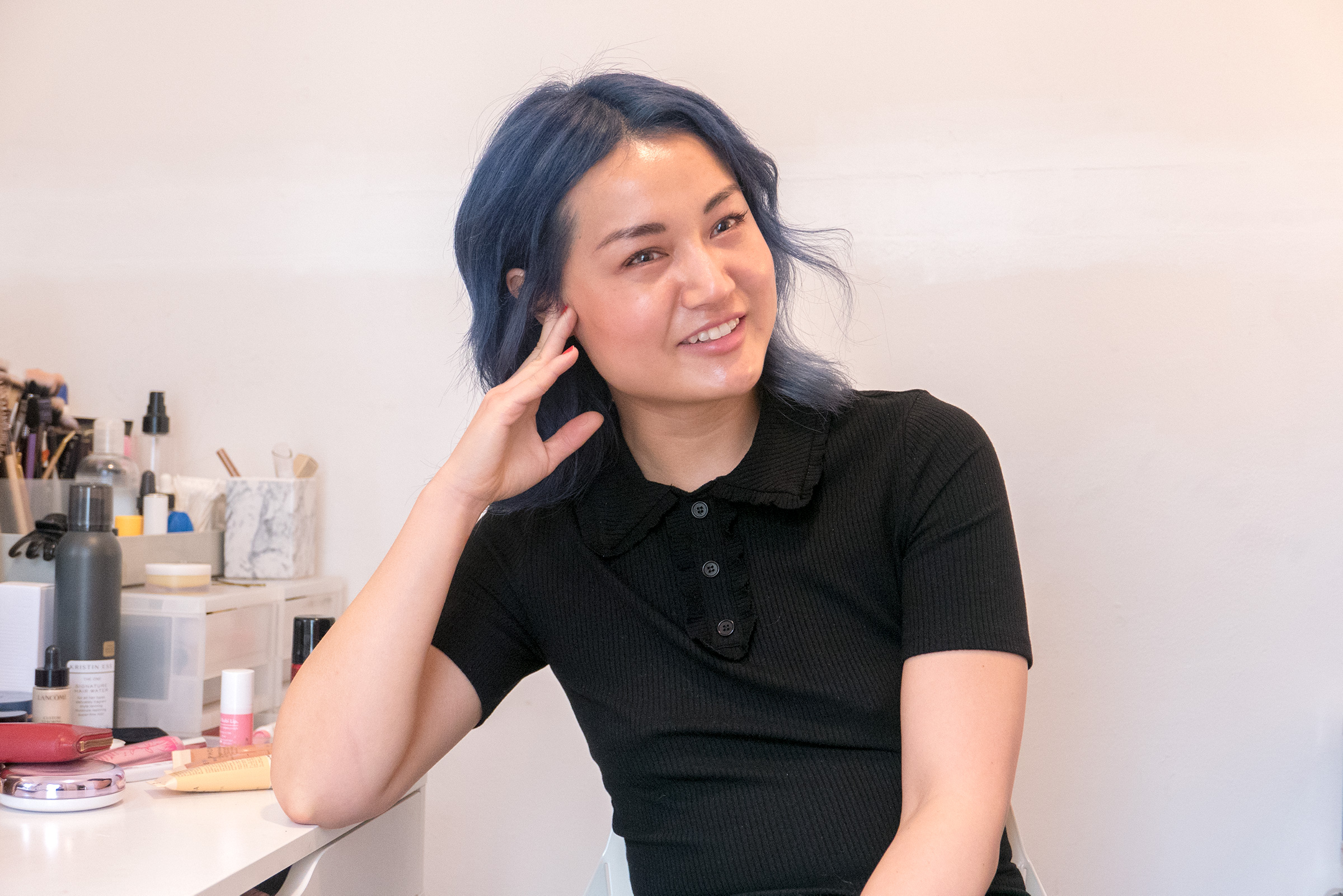
Through your writing you’ve explored problematic socio-cultural issues, such as the fetishization of “exotic” beauty and the rhetoric surrounding anti-aging; why are these topics important to you?
They’re all issues I’ve personally dealt with. I think a lot of my writing is working shit out for myself and sometimes that happens to speak to a wider audience of people with similar experiences. Social and cultural issues like fetishization, exoticism, ageism, and any other oppressions are all things I and I’m sure lots of other people are thoroughly sick of. But so much of them are deeply ingrained in culture and convention that they’re not going to go away unless they’re talked about and challenged.
As a writer, what has been your most challenging learning experience?
Time management and self-discipline! Any creative output activity requires discipline as well as inspiration and sometimes you can’t have both — I’m lucky if I can at least have one at time and switch off between the two to get anything done. But I struggle with writer’s block and procrastination a lot. Working in media requires a certain level of multitasking in order to keep the machine churning but often isn’t so great for getting things done in a timely manner or being divinely inspired on the regular to create the kind of work you really want to.
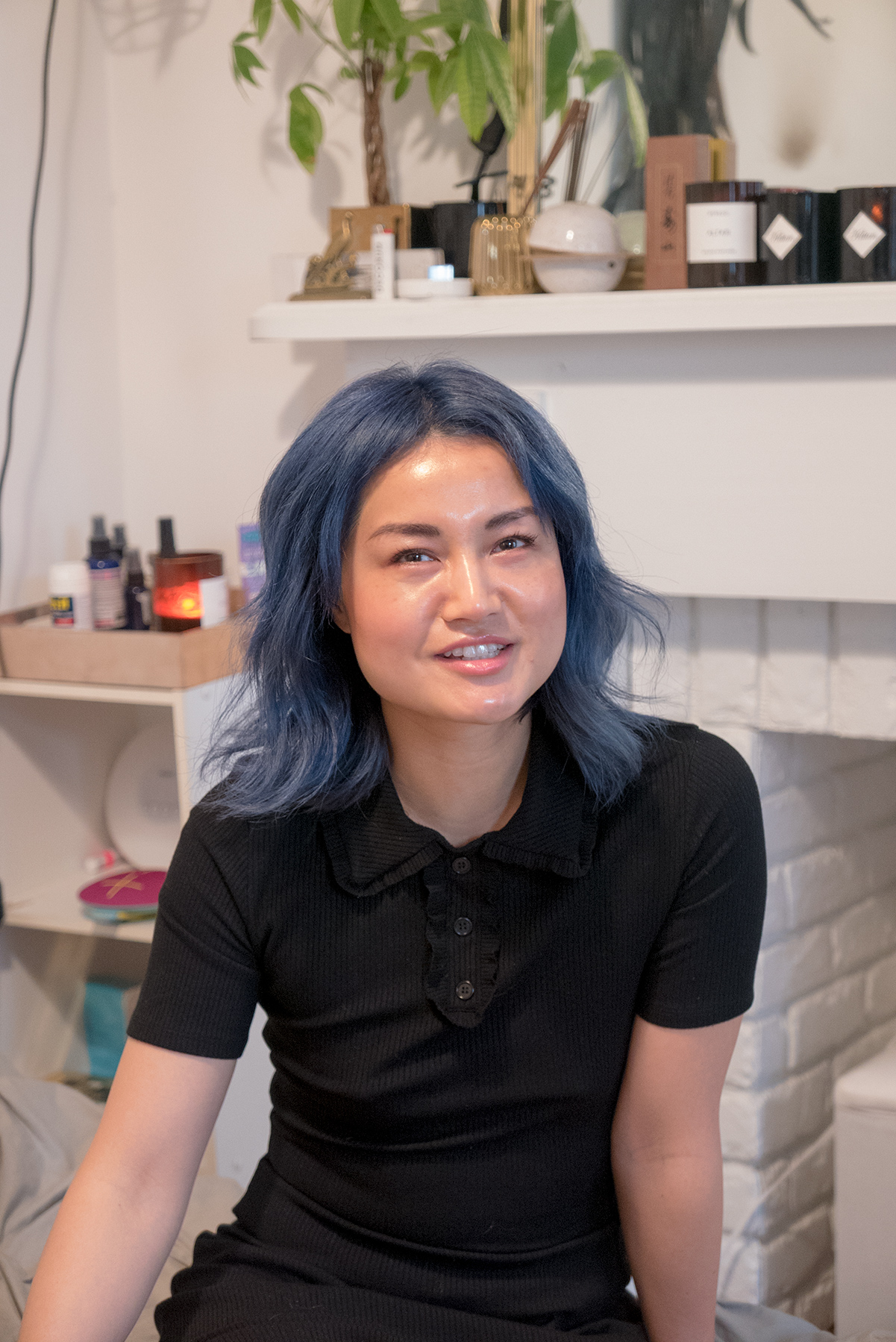
What initiatives does the beauty industry need to take to create a framework that is inclusive?
Hire people of color! I think most people in media are hyper-aware of inclusivity and diversity, but "diversity" has become such an empty label because oftentimes it gets translated into "tokenizing" rather than actual true representation. Inclusivity would begin by giving those who have previously been othered or ignored a platform.
Who are some visionaries currently doing important work in the fields of makeup and skincare?
Oof, tough question. Rihanna (obviously).
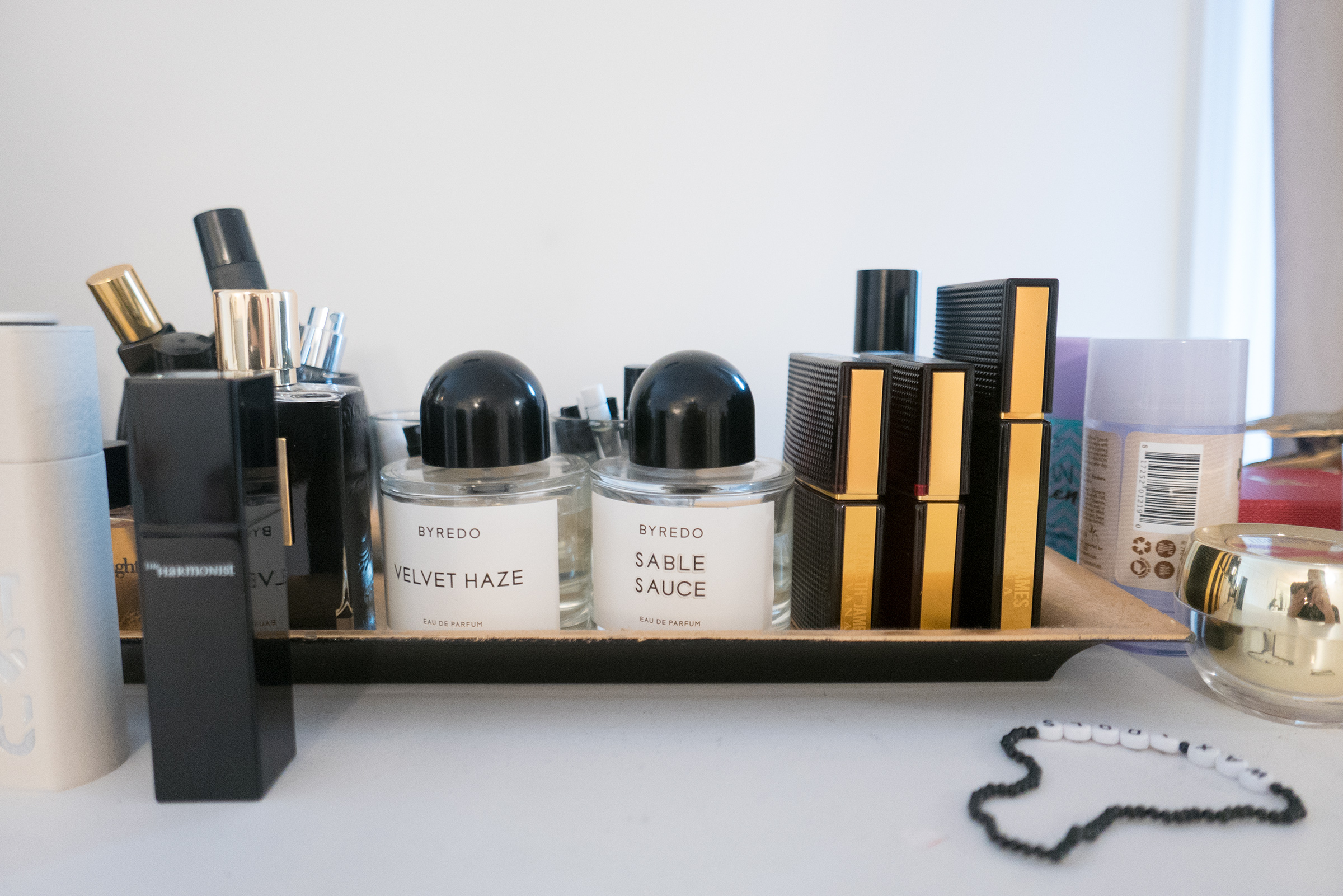
The institution of beauty often leaves its consumers feeling inadequate or in constant need of self-improvement (internally and externally); how do you pursue self-acceptance in this space?
I tend to see beauty as a tool for self-expression. Makeup and hair color is a way to reflect how I feel inside. I think the majority attitude of beauty is moving more towards this conversation. The democratization of beauty via social media and on the internet certainly has made way for people to be able to discuss insecurities stacked against conventional norms. It’s amazing that everyone has a forum to discover that not only are they not alone in how they may feel about their appearance, but the solidarity helps to crush the stigma. The Internet is great!
How do you nourish your body and your mind?
I eat a lot of bread and like going on long walks while listening to music that makes me feel some sorta way. I like going to shows and connecting with people in real life (again, social media tends to trick your brain into thinking that you’ve been social when actually it can be quite isolating). I should read more for leisure probably.
What everyday thing are you better at than everyone else? What’s your secret?
I’m pretty good at spotting B, C, and D-list celebrities out in the wild. The secret is to watch a lot of trashy/campy TV, which I do.
What does beauty mean to you?
Honestly, I don’t know if it’ll ever be that simple.
